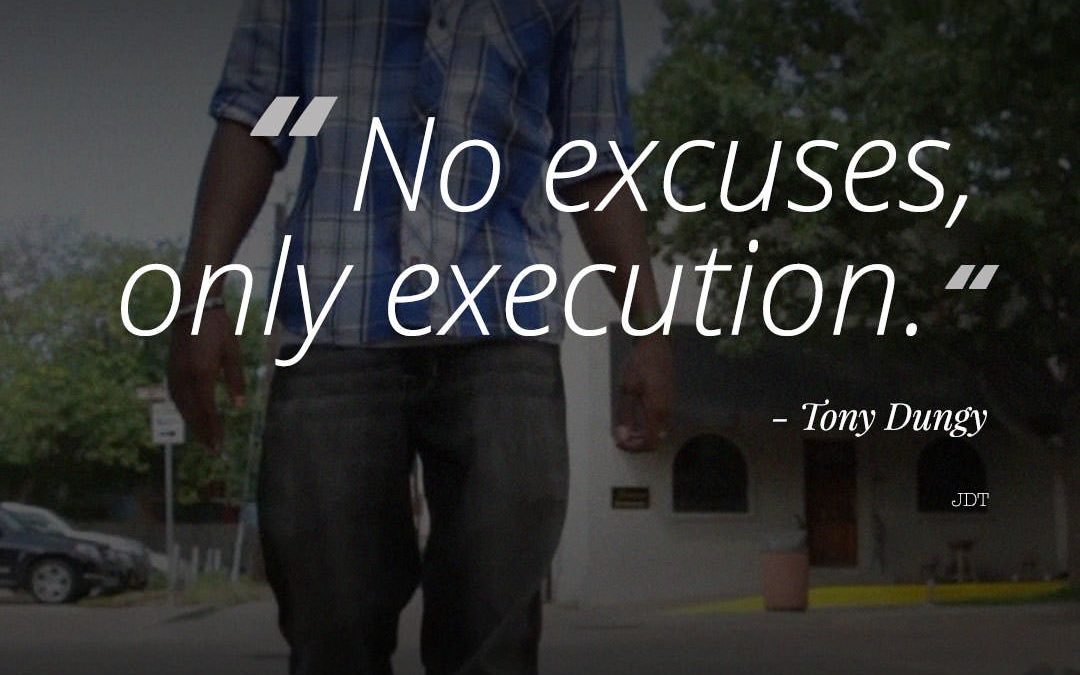
You won´t own the Company you Started
If after reading this, you only need to remember two concepts, here they are:
- We all have Ideas. The challenge is executing them (and executing them well).
- If you do well, you will not be the owner of your own company.
Two weeks ago, with my dear friend and partner, Jose Gettas, we were interviewing a new candidate for COR.
- “What I would like the most is to start my own company” said the interviewee.
- “And why don’t you do it?”, we asked him.
- Because I haven’t found a good idea yet.
- You haven’t? What do you like to do?
- I love musical instruments. I am passionate about seeing the newest releases, comparing them… everything.
- Do you experience any problems during that search / comparison?
- Yes, no website lets me easily compare and understand which one suits me best
- How convinced are you of this?
- Very. I have been researching for years and I cannot find any.
- And do you think many people have this same problem?
- Yes, a ton of people over the world have the same problem.
- So… you’re saying you didn’t have an idea? 🙂
Now that you 1) found a problem that you would be passionate about solving, 2) in a huge market, go start your business.
The conversation continued…
- “It is true. It happens that today I want to gain experience and COR is a tech company with high growth where I can learn everything I need to then start my own business”, said the interviewee.
- “And what motivates you to start your own business?”, we asked.
- Being the owner, keeping the profits.
- If you are really looking to start a tech company with the ambition to lead the market in which you operate, it is most likely that, if it goes well, you will need to add new investors and valuable talent. All of them will have shares in your company. And the more you grow, the less shares you will have, but each day they will be worth more. Therefore, if you do well, owning and keeping all the profits is something that will not happen to you. So my advice, if I could give you any, is: if you’re looking to be the owner, your company probably won’t have a massive impact.
Focus on being the best by solving what hurts you and so many people. If you succeed in solving that, you will win.
If you want to solve a big problem, COR might be the answer. We are proud to have a great team and great investors 100% focused on healing the creative industry worldwide, a very big problem that greatly challenges us.
And I am personally proud that each and every collaborator at COR holds shares of the company… shares that have grown over 2,000% in 3 years.
*This is a true anecdote and as it says, it applies mostly to startups who want to be high growth tech companies.


Recent Comments